-

email us
management@plumbingdoctornj.com
-

call us now
908-873-6686
Blog
09 Apr. 2025
Spring Plumbing: Essential Tips for a Smooth-Running System
As the days grow longer and the temperatures rise, spring presents an ideal opportunity to tackle plumbing maintenance. After the cold winter months, your plumbing system may have experienced some stress, and it’s crucial to ensure everything is in top condition as you transition into the warmer season. Here’s a comprehensive guide to spring plumbing maintenance that will help prevent unexpected repairs and keep your system running smoothly.

1. Inspect Pipes for Leaks
Cold temperatures can cause pipes to expand and contract, potentially leading to cracks or leaks. As the weather warms, it’s a good idea to inspect exposed pipes in areas like the basement, attic, and crawl spaces. If you notice any signs of moisture, dampness, or water stains, it’s time to call a plumber for a professional inspection. Catching leaks early can prevent costly water damage and mold growth.
2. Clean and Clear Drains
Over the winter, debris, grease, soap scum, and hair can accumulate in your drains, leading to slow-moving or clogged pipes. Spring is the perfect time to clean out drains to avoid blockages. Use a natural drain cleaner or a combination of baking soda and vinegar to help break down buildup. For more stubborn clogs, consider using a plumbing snake or calling in a professional to clear them effectively.
3. Check Your Water Heater
Your water heater has worked hard over the colder months, so now is the time to give it some attention. Check for any signs of corrosion, leaks, or unusual noises coming from the unit. It’s also a good idea to flush the tank to remove any sediment buildup that can affect its efficiency. If your water heater is more than 10 years old, it may be time to consider a replacement to ensure reliable hot water supply throughout the year.
4. Clear Outdoor Pipes and Hoses
Outdoor plumbing, including garden hoses, sprinklers, and downspouts, often takes a hit during the winter months. Make sure to inspect all outdoor faucets, hoses, and sprinkler systems for leaks or damage. Remove any hoses from outdoor faucets to prevent freezing and check for any cracks. Also, ensure that your gutters and downspouts are clear of debris, which can cause water backup and damage to your foundation.
5. Examine Sump Pumps
If you have a sump pump in your basement or crawl space, spring is the perfect time to test it. The wet spring weather can bring heavy rainfall, so it’s essential to ensure your sump pump is functioning correctly to prevent flooding. Check the pump for any obstructions, test it by pouring water into the sump pit, and consider replacing the battery backup if necessary.
Conclusion
Spring plumbing maintenance is an essential step to prevent problems and keep your home’s plumbing running efficiently. By inspecting pipes for leaks, cleaning drains, checking your water heater, clearing outdoor pipes, and examining your sump pump, you can ensure that your plumbing system is in top shape for the warmer months ahead. A little effort now can save you from costly repairs down the road.
- By:Michael Holt
- Comments:No Comments
04 Mar. 2025
The Importance of Water Heater Maintenance: Why You Should Flush and Fill Regularly
Your water heater is one of the most essential appliances in your home, providing hot water for showers, washing dishes, laundry, and more. However, like any appliance, it requires regular maintenance to function efficiently and last as long as possible. One of the best ways to keep your water heater in top shape is through routine flushing and filling. Here’s why this simple maintenance task is crucial and the benefits it provides.
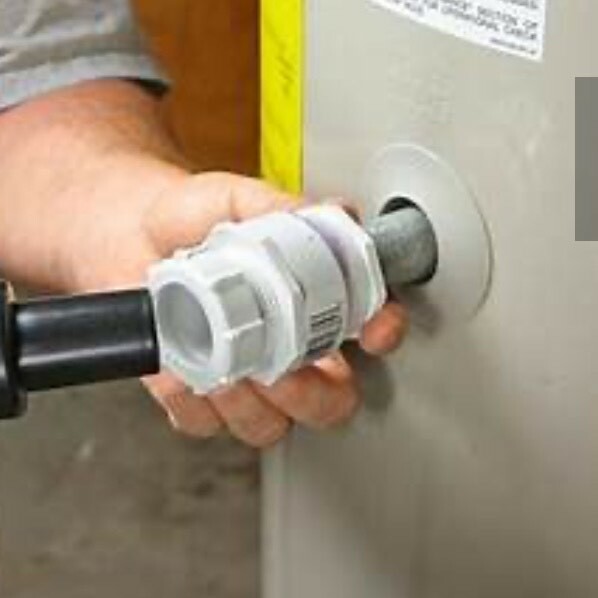
1.Extends the Lifespan of Your Water Heater
Over time, sediment and mineral deposits accumulate at the bottom of your water heater tank, especially in areas with hard water. This buildup forces your heater to work harder, increasing wear and tear on its components. Regularly flushing out this sediment helps prevent damage and extends the life of your water heater, potentially adding years to its functionality.
2.Improves Energy Efficiency
When sediment builds up in your tank, it creates a layer of insulation between the burner and the water. This means your water heater has to use more energy to heat the same amount of water. A flush removes these deposits, allowing the heating element to function properly and reducing energy consumption. The result? Lower utility bills and a more efficient system.
3.Maintains Water Quality
Sediment buildup can lead to murky or discolored water with an unpleasant odor. This is especially common in homes that go a long time without maintenance. By flushing the tank regularly, you ensure that your water stays clean, clear, and free of any foul smells caused by stagnant sediment.
4. Reduces Noise from the Water Heater
If you’ve ever heard banging or popping sounds coming from your water heater, it’s likely due to sediment buildup. As water is heated, trapped air bubbles rise through the sediment, causing these noises. Flushing the tank eliminates the buildup, leading to quieter operation and reducing the strain on internal components.
5. Prevents Costly Repairs
Neglecting maintenance can lead to serious issues like overheating, pressure buildup, or even a leaking tank. By performing a regular flush and fill, you prevent small problems from turning into expensive repairs or replacements. Routine maintenance is a small investment that can save you from costly emergency plumbing bills.
How Often Should You Flush Your Water Heater?
Most manufacturers recommend flushing your water heater once a year, though homes with hard water may benefit from more frequent maintenance. If you’re unsure, a professional plumber can inspect your unit and advise on the best maintenance schedule.
Regular flushing and filling of your water heater ensures reliable performance, energy savings, and a longer lifespan. Don’t wait for problems to arise—schedule your maintenance today and enjoy hot water worry-free!
- By:Michael Holt
- Comments:No Comments
25 Feb. 2025
Understanding the Role of a Shower Diverter in Your Plumbing System
If you’ve ever switched between your bathtub faucet and showerhead with the turn of a handle or pull of a lever, you’ve used a shower diverter. While it might seem like a small component in your plumbing system, the diverter plays a crucial role in directing water where it needs to go. A malfunctioning diverter can lead to water waste, poor water pressure, and even leaks that damage your bathroom over time. In this blog, we’ll explore what a shower diverter is, how it works, common problems, and when to replace it.
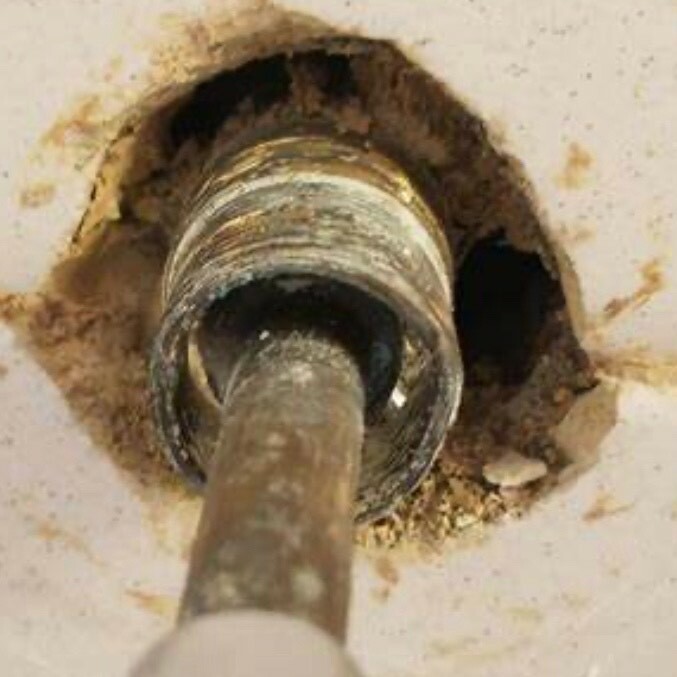
What Is a Shower Diverter?
A shower diverter is a valve that redirects water from the bathtub spout to the showerhead. It allows you to switch between using the tub faucet for filling the bath and the showerhead for taking a shower. There are three main types of shower diverters:
1. Tee Diverter: Found in single-handle setups, this type involves pulling up a knob or lever on the tub spout to redirect water to the showerhead.
2. Three-Valve Diverter: Common in older three-handle shower setups, this type has a separate handle to control water direction.
3. Two-Valve Diverter: Typically used in two-handle shower systems, this diverter redirects water with a simple turn of a knob.
Common Problems with Shower Diverters
Over time, shower diverters can wear out or become clogged with mineral buildup, leading to a range of issues. Some of the most common problems include:
- Water Leaking from the Tub Spout: If water continues to flow from the tub spout even when the diverter is engaged, it could be a sign of a worn-out washer or internal seal.
- Reduced Water Pressure in the Showerhead: If your shower feels weak, a partially blocked diverter may be restricting water flow.
- Handle or Lever Sticking: If the diverter is difficult to operate, it could be due to mineral buildup or corrosion inside the valve.
When to Repair or Replace a Diverter
A malfunctioning diverter can lead to water waste and inefficient shower performance. If you notice leaks or weak water pressure, try cleaning the diverter by soaking it in vinegar to remove mineral deposits. If the issue persists, replacing the diverter valve may be necessary.
For simple setups, you can often replace a diverter yourself. However, if your system has complex plumbing or the diverter is built into the wall, it’s best to call a professional plumber.
Final Thoughts
A well-functioning shower diverter ensures that water flows efficiently to the showerhead, preventing waste and maintaining good water pressure. Regular maintenance and prompt repairs can help you avoid costly plumbing issues. If you’re dealing with diverter problems, don’t ignore them—fix them before they lead to bigger issues!
- By:Michael Holt
- Comments:No Comments
25 Feb. 2025
Spring Plumbing Maintenance: Get Your Home Ready for the Season
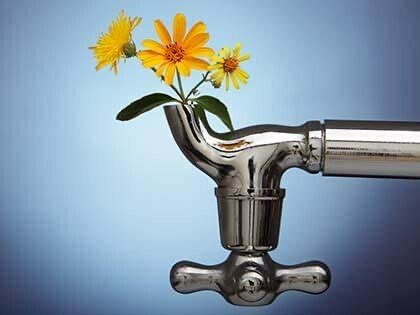
As winter fades away and warmer weather arrives, spring is the perfect time to inspect your home’s plumbing system. Cold temperatures, snow, and ice can take a toll on your pipes, fixtures, and outdoor
plumbing. A thorough spring plumbing maintenance check can help prevent costly repairs and keep your system running smoothly. Here’s a checklist of essential spring plumbing tasks to keep your home in top shape.
1. Check for Leaks and Drips
Winter can cause pipes to contract and expand, leading to hidden cracks and leaks. Inspect all visible pipes, faucets, and under-sink plumbing for signs of water damage, corrosion, or slow drips. Even a small leak can waste gallons of water and increase your utility bills. If you notice a problem, repairing it now can save you from major damage later.
2. Test Your Sump Pump
Spring often brings heavy rains, and a working sump pump is essential for preventing basement flooding. To test your sump pump:
- Pour a bucket of water into the sump pit.
- The pump should activate and drain the water immediately.
- If it doesn’t, check for debris or call a professional for an inspection.
3. Inspect Your Water Heater
Your water heater worked hard over the winter, and spring is a great time to check for wear and tear. Look for rust, leaks, or unusual noises coming from the unit. Flushing your water heater can remove sediment buildup, improving efficiency and extending its lifespan. If your water heater is over 10 years old, consider replacing it before it fails.
4. Clear Slow Drains
If your sinks, tubs, or showers are draining slowly, it could indicate a buildup of debris or even a hidden plumbing issue. Use a mixture of hot water, baking soda, and vinegar to help clear minor clogs. For persistent problems, a professional drain cleaning may be necessary to prevent backups.
5. Inspect Outdoor Faucets and Sprinklers
Freezing temperatures can cause outdoor faucets and sprinkler systems to crack. Turn on the outdoor spigots and check for leaks or weak water pressure. If you notice problems, there may be damage inside the pipes that needs repair.
6. Check Your Toilet for Leaks
Silent toilet leaks can waste a surprising amount of water. To test for a leak, add a few drops of food coloring to the tank and wait 15 minutes. If the color appears in the bowl without flushing, you have a leak that needs fixing.
Final Thoughts
Spring is the ideal time to give your plumbing system a thorough checkup. By tackling minor issues now, you can prevent costly repairs and ensure your home is ready for the warmer months ahead. If you discover leaks, clogs, or other plumbing concerns, don’t hesitate to call a professional plumber for assistance.
- By:Michael Holt
- Comments:No Comments
13 Feb. 2025
5 Common Plumbing Problems and How to Fix Them
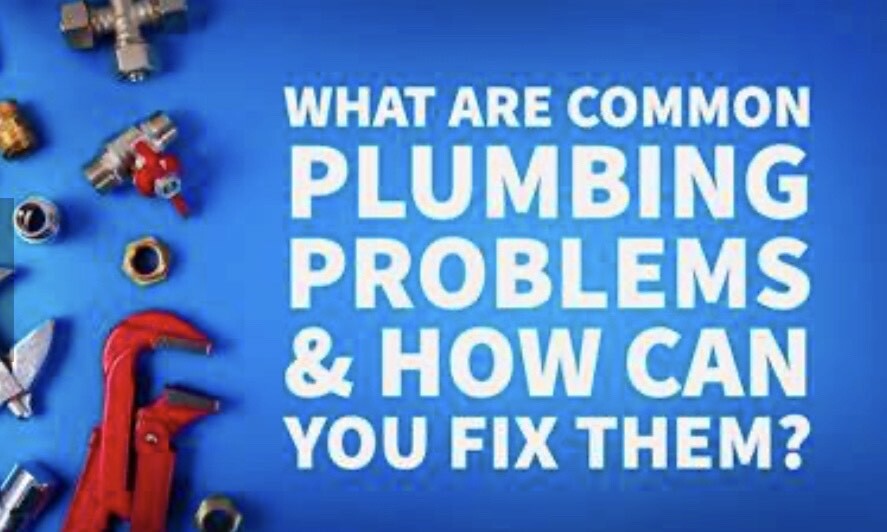
Plumbing issues can disrupt your daily routine and lead to costly repairs if not addressed promptly. While some problems require professional intervention, many common plumbing issues can be fixed with a little knowledge and effort. Here are five frequent plumbing problems and how you can handle them.
1. Clogged Drains
Slow or clogged drains are one of the most common household plumbing issues. Hair, soap scum, food particles, and grease can accumulate over time, causing blockages.
How to Fix It:
- Use a plunger to dislodge minor clogs.
- Pour a mixture of baking soda and vinegar down the drain, let it sit for 15 minutes, then flush with hot water.
- If the clog persists, use a drain snake to remove the blockage.
- Avoid chemical drain cleaners as they can corrode your pipes over time.
2. Running Toilet
A running toilet can waste hundreds of gallons of water per day, increasing your utility bill. The culprit is usually a faulty flapper, fill valve, or float mechanism.
How to Fix It:
- Remove the tank lid and inspect the flapper. If it’s worn out or not sealing properly, replace it.
- Check the float and adjust its height to ensure it stops water flow at the correct level.
- If the fill valve is malfunctioning, replacing it can often solve the problem.
3. Low Water Pressure
Low water pressure in your sink or shower can be frustrating. It’s often caused by mineral buildup in the aerator or a hidden plumbing leak.
How to Fix It:
- Unscrew the aerator on the faucet or showerhead and soak it in vinegar overnight to remove mineral deposits.
- If the problem persists, check for leaks in your plumbing system. A sudden drop in pressure could indicate a hidden pipe leak.
4. Leaky Faucets
A dripping faucet may seem minor, but it can waste gallons of water over time and increase your water bill.
How to Fix It:
- Turn off the water supply and disassemble the faucet.
- Replace the worn-out washer, O-ring, or cartridge inside the faucet.
- Reassemble and test for leaks.
5. Water Heater Issues
If your water heater isn’t producing hot water, it could be due to sediment buildup or a malfunctioning heating element.
How to Fix It:
- Flush the tank annually to remove sediment.
- Check the thermostat and heating elements for issues.
For major plumbing problems, don’t hesitate to call a professional. Regular maintenance can prevent costly repairs and keep your plumbing system in top shape!
- By:Michael Holt
- Comments:No Comments
17 Jan. 2025
Understanding NJ Plumbing Codes and Regulations
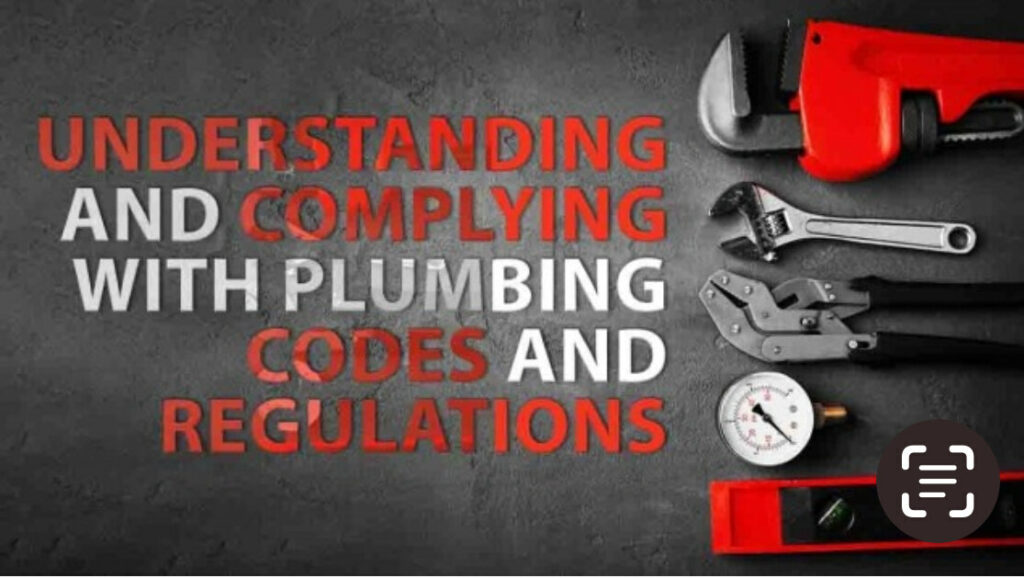
When it comes to plumbing, ensuring that your system is up to code is essential for both safety and functionality. In New Jersey, plumbing codes and regulations are designed to protect homeowners, ensure proper system installation, and prevent costly repairs down the line. At Plumbing Doctor ,LLC, we’re committed to helping you navigate these rules and keep your plumbing systems compliant. Here’s what you need to know about plumbing codes in New Jersey.
Why Plumbing Codes Matter
Plumbing codes are a set of standards that regulate the design, installation, and maintenance of plumbing systems. They ensure that plumbing is done safely, efficiently, and with respect for public health. In New Jersey, these codes are set by the New Jersey State Uniform Construction Code (UCC) and are enforced by local municipalities. Whether you’re building a new home, renovating your bathroom, or replacing pipes, adhering to these codes is crucial.
Key Aspects of New Jersey Plumbing Codes
- Permits and Inspections In New Jersey, any major plumbing work – from installing a new water heater to replacing sewer lines – generally requires a permit. A licensed plumber must submit the necessary paperwork to the local building department before starting work. After the work is completed, an inspection is usually required to ensure it complies with the codes. These inspections help identify any issues early, ensuring your plumbing is safe and effective.
- Materials and Installation Standards New Jersey plumbing codes specify which materials are acceptable for different plumbing applications. For example, certain materials like copper, PEX, and PVC may be required for water supply lines, while others, such as cast iron or PVC, are suitable for waste lines. Proper installation techniques are equally important, as improper installation can lead to leaks, water damage, or unsafe conditions.
- Water Efficiency and Conservation Modern plumbing codes often emphasize water conservation. Fixtures like faucets, showerheads, and toilets must meet specific water flow standards to reduce water consumption. New Jersey is committed to sustainable practices, and plumbing regulations reflect this by encouraging the use of water-saving devices and systems.
- Health and Safety Plumbing codes also address critical safety issues such as the prevention of backflow (the reverse flow of contaminated water into the clean water supply) and the proper venting of waste pipes. These regulations help protect residents from dangerous water contamination and ensure the overall health of the plumbing system.
Conclusion
Understanding and adhering to New Jersey plumbing codes is essential for maintaining a safe, efficient, and legal plumbing system. Whether you’re dealing with a small repair or a large installation, make sure your work is up to code. Since Plumbing Doctor, LLC has a master plumber license, we’re able to help you with expert guidance regarding NJ’s plumbing codes and regulations, and assure professional up-to-code installations and repairs. Contact us today for assistance with code-compliant plumbing services!
- By:Michael Holt
- Comments:No Comments
17 Jan. 2025
Understanding the Different Types of Pipes and Their Uses
When it comes to plumbing, not all pipes are created equal. Each type of pipe is designed for specific uses, and choosing the right one for your home or project can make a big difference in both performance and longevity. At Plumbing Doctor, LLC, we believe in helping homeowners understand the various types of plumbing pipes and how they function. Here’s a quick guide to the most common materials used in residential plumbing systems.
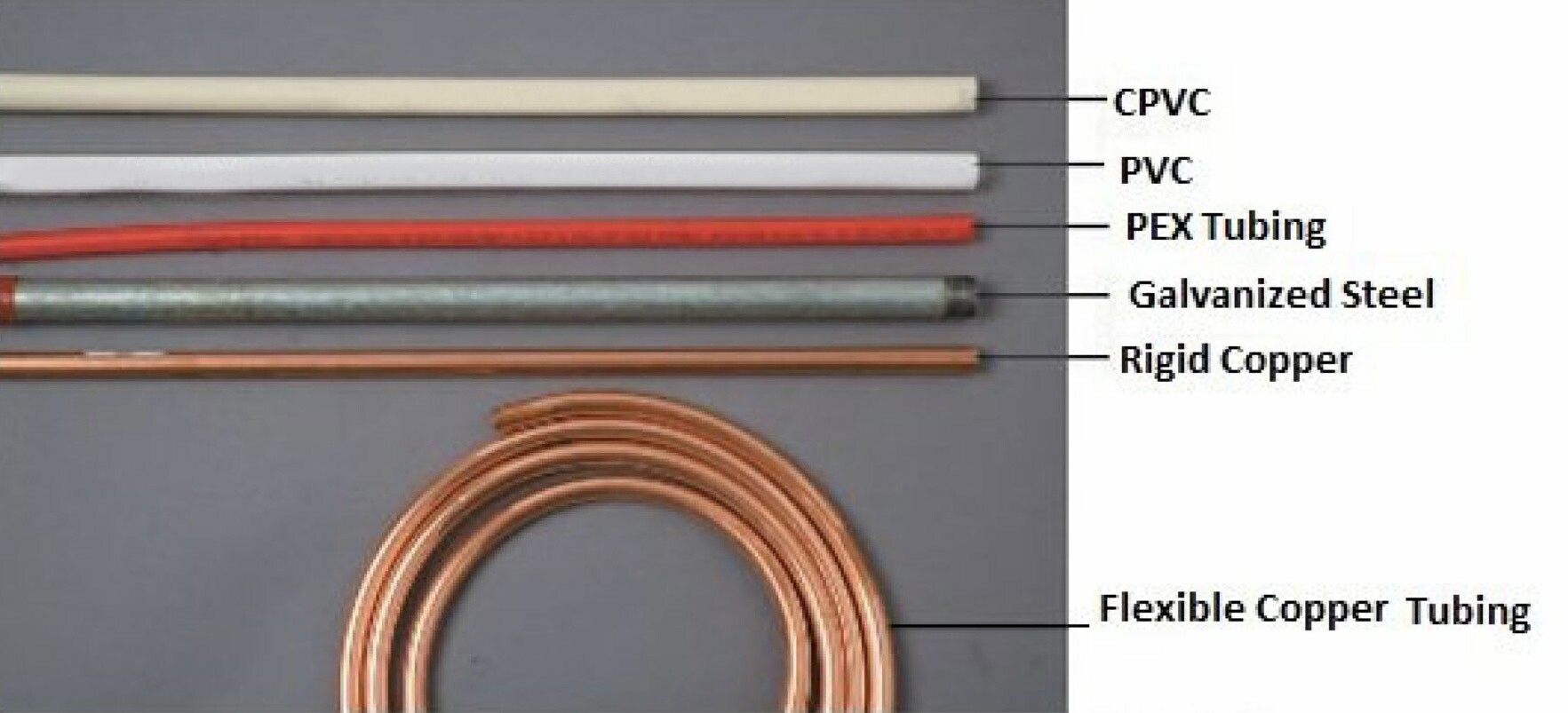
- Copper Pipes Copper is one of the most popular and durable plumbing materials. Known for its corrosion resistance and long lifespan, copper pipes are commonly used for both water supply and heating systems. Copper can withstand high temperatures and is often favored for hot water lines. It’s also naturally antimicrobial, helping to reduce bacterial growth inside the pipe. However, copper pipes can be expensive compared to other materials.
- PVC (Polyvinyl Chloride) Pipes PVC pipes are lightweight, affordable, and easy to install, making them a go-to choice for many plumbing applications. Most often, you’ll find PVC pipes used for drain, waste, and vent (DWV) systems, as well as outdoor irrigation. They’re resistant to corrosion and have a long service life. One downside is that PVC can crack under extreme temperatures, so it’s not typically used for hot water lines.
- PEX (Cross-Linked Polyethylene) Pipes PEX is a flexible and highly versatile material that’s gaining popularity in residential plumbing. It’s easy to install due to its flexibility, making it ideal for retrofitting or working in tight spaces. PEX is most commonly used for water supply lines, and it’s resistant to scale, chlorine, and UV rays. PEX also doesn’t corrode like metal pipes. However, it may not be suitable for areas with high levels of UV exposure, as prolonged sunlight can damage the material.
- Steel Pipes Steel pipes, especially galvanized steel, were once a common choice for plumbing, but they’ve fallen out of favor due to their tendency to rust and corrode over time. Galvanized steel pipes were often used for water supply lines, but now, they’re more commonly found in older homes. If you have galvanized steel pipes, it might be time for an upgrade to avoid potential issues like low water pressure and leaks.
- CPVC (Chlorinated Polyvinyl Chloride) Pipes CPVC pipes are similar to PVC, but they are treated to handle both hot and cold water. They’re a great option for residential plumbing systems, offering better heat resistance than standard PVC. CPVC is also resistant to corrosion, making it a reliable choice for water supply lines.
At Plumbing Doctor, LLC, we’re here to help you make informed decisions about your plumbing system. Whether you’re upgrading old pipes or building from scratch, we can guide you in choosing the best materials for your home. Don’t hesitate to contact us with any questions or for expert plumbing assistance!
- By:Michael Holt
- Comments:No Comments
13 Jan. 2025
Winterizing Your Plumbing Pipes: A Guide to Preventing Frozen Pipes
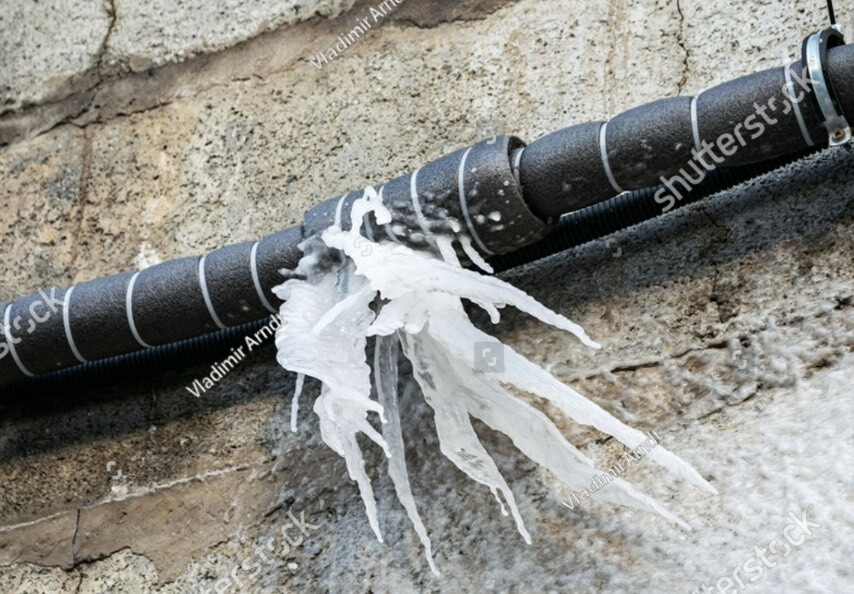
As temperatures drop, your plumbing system becomes vulnerable to freezing, which can lead to burst pipes and costly repairs. Winterizing your pipes is a crucial step to protect your home during the cold months. Here’s a quick guide to keep your plumbing safe this winter.
- Insulate Exposed Pipes Exposed pipes in unheated areas, such as basements, attics, or crawl spaces, are most at risk of freezing. Use foam pipe insulation or heat tape to cover these pipes. Insulating your pipes minimizes heat loss and helps maintain water flow.
- Seal Drafts Check for drafts around windows, doors, and entry points where pipes pass through walls. Use caulk or weather stripping to seal gaps and prevent cold air from freezing pipes.
- Disconnect Outdoor Hoses Remove and drain garden hoses before storing them for the season. Leaving hoses connected to outdoor faucets can cause water to freeze and expand, potentially damaging the faucet and connected pipes. Shut off water supply to outdoor spigots if possible and cover them with insulated caps.
- Let Faucets Drip On extremely cold nights, allow a small trickle of water to flow through your faucets, especially for pipes along exterior walls. Moving water is less likely to freeze, reducing the risk of pipe bursts.
- Open Cabinet Doors For pipes under sinks, open cabinet doors to let warm air circulate. This is especially important for plumbing located along exterior walls.
- Keep Your Home Warm Maintain a consistent indoor temperature, even if you’re away. Set your thermostat to at least 55°F to prevent interior pipes from freezing.
- Shut Off Water When Traveling If you’re leaving home for an extended period, shut off the main water supply and drain your pipes. This precaution helps avoid catastrophic damage if a pipe freezes and bursts while you’re away.
- Know the Signs of Frozen Pipes If water flow slows or stops, or you notice frost on your pipes, take immediate action. Use a hairdryer or heat wrap to gently thaw the pipe—never use an open flame.
Winterizing your plumbing is a simple yet essential step to protect your home. Spending a little time now can save you from costly repairs and a big headache later. Stay proactive and enjoy a worry-free winter!
- By:Michael Holt
- Comments:No Comments
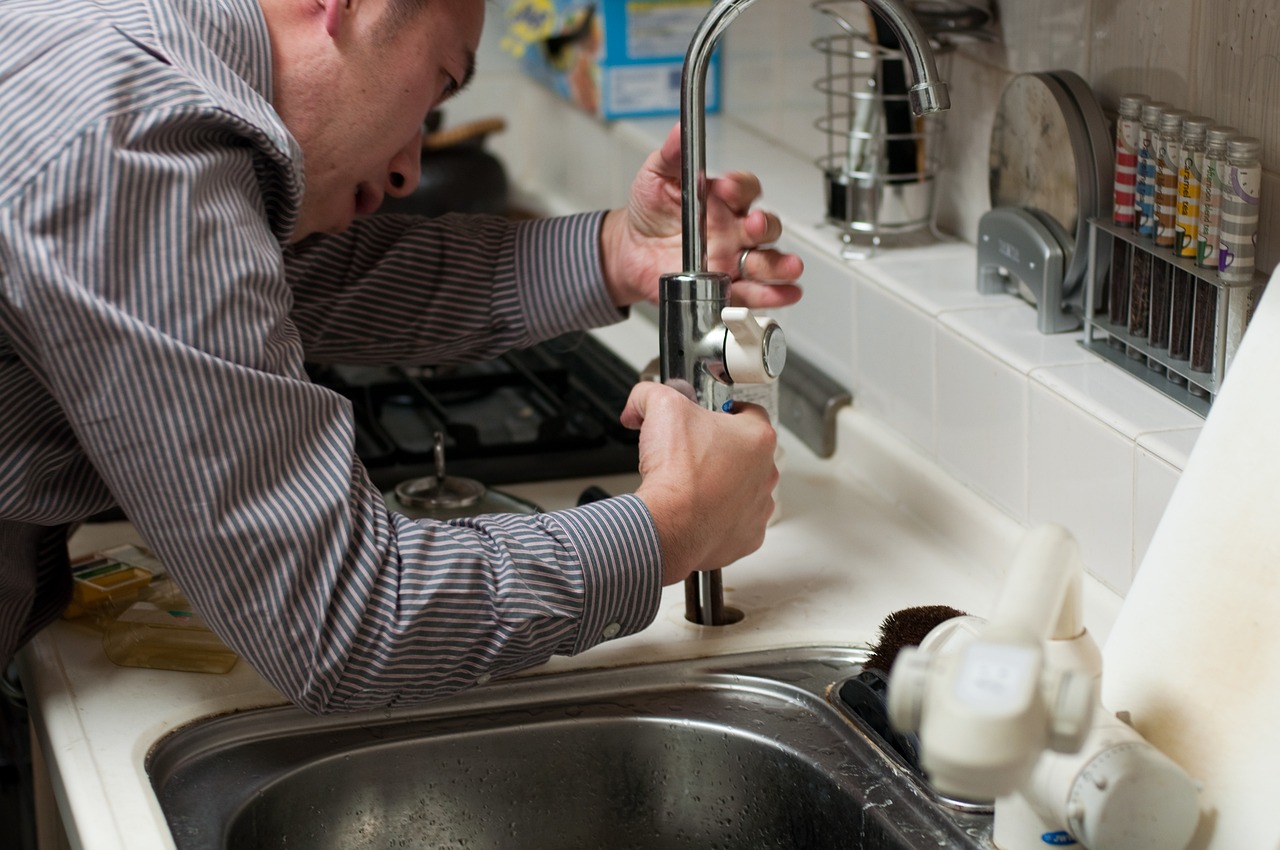
12 Apr. 2024
Does a Home Need New Plumbing When It’s Remodeled?
If you’re going to remodel a bathroom in your home, you should upgrade your plumbing as well. Here are five reasons why this is a job that you should not fail.
More Options
A bathroom remodel is all about change. If you choose to leave your plumbing the way it is, you might run into problems that could bring your plans to a halt. However, if you have a plumber on your team, new opportunities will arise, and you can be more flexible with your blueprints. For example, you could place a tub in a new location or move your sink to a different spot that has better lighting.
Opportunities to Save Money
Not only can one plumbing mistake cause clogs, pipe damage, or leaks, but it can also lead to a high utility bill. When a plumbing system is updated or upgraded during a bathroom remodel by a plumber, he will take the lead. If any problems arise, the plumber will handle it.
Fewer Risks
During a bathroom remodel, there should never be any guesswork. If there is any uncertainty, you could accidently misalign a pipe and trigger a slow leak.
With help from a plumber, you can prevent disasters. A professional knows how to work around existing plumbing and how to incorporate new pipes correct way.
Energy Perks
Newer products are far more efficient than older, outdated products. This means that if you replace an old water heater with a new one that’s Energy Star certified, it can significantly decrease your utility bill. However, in order to take full advantage of an energy-efficient appliance, you’ll have to set it up correctly, and this is why it pays to hire a plumber.
Resale Value
If you plan to sell your home in the future, new plumbing can be very beneficial. When potential buyers scout new homes, they should consider the state of its plumbing system. An inspector will likely check for leaks, the condition of the water heater and pipes, the water pressure, and the main sewer line. Faulty plumbing can be a deal breaker because it can lead to bigger issues for new owners later on.
The Path to New Plumbing
Don’t let a plumbing problem derail your bathroom remodel. If you need a plumber for any reason, contact the Plumbing Doctor at www.plumbingdoctornj.com.
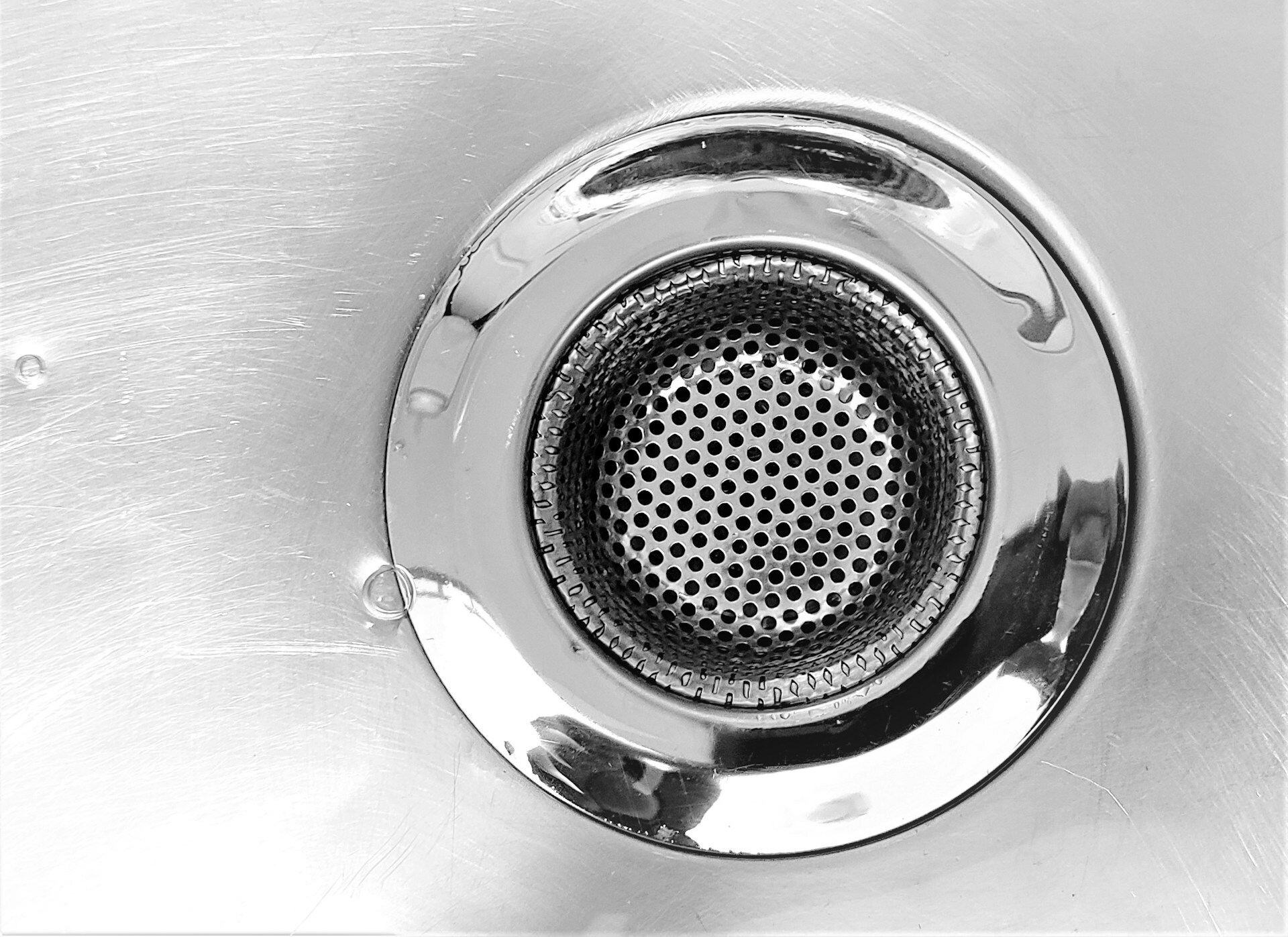
12 Apr. 2024
Why Is It Bad to Pour Oil Down Your Drains?
Many do not realize the dangers of putting oil down the drain. Although you may not develop an immediate clog, fats can line your pipes over time and cause significant blockages. Fats mix with hair and soap and form formidable clogs that are impossible to remove without professional intervention. By avoiding sending grease down your drains, you could save hundreds of dollars and many headaches. Learning to avoid putting grease down the drain can help you prevent clogs and keep your plumbing lines running smoothly and effectively. We can help you determine the cause of clogs and prevent them.
Oil Causes Damage to Your Plumbing
The number one cause of sewer drain clogs is FOG (fats, oils, and grease). Not only can putting oil down the drain negatively impact your plumbing system, but it can also cause harm to your neighbors and the environment. When you send oil down the drain, it mixes with wastewater from your neighbors and the community. As it travels through the pipes, it breaks into glycerol and fatty acids and mixes with calcium. The soapy consistency of these blobs makes them challenging to remove because they can grow to enormous sizes.
Fatbergs, as the city calls them, cost thousands of dollars to remove and prevent the city from carrying out proper water treatment tasks. Preventative measures are critical for protecting everyone’s water supply.
Protect Against Oil Clogs
While it is impossible to avoid all grease, there are alternatives to sending oil down the drain. We recommend the following to our customers to help them keep their drains running smoothly:
- Absorb excess oil with a paper towel before washing greasy pots, pans, and dishes.
- Pour oil into a tin can and freeze it before disposing of it.
- Save cooking oil in a metal-lidded tin for reuse.
Taking these initiatives can protect your home’s plumbing system and those of your neighbors and community. Think before you put anything down the drain, as it can cause clogs that become expensive to remove.
Seek a Professional Plumber
Plumbing Doctor, LLC is committed to helping you protect your plumbing system against nasty clogs that could risk your family and home. Do your part to protect your plumbing and neighbors by implementing the above tips. Call us for regular maintenance to clean your pipes of any residue that could lead to clogs.
We have over 20 years of experience and will be there to handle the toughest clogs. Call us today to schedule your appointment right away.
- 1
- 2
COVERAGE AREA:
Central New Jersey
EMAIL US:
contact@plumbingdoctornj.com
24/7 EMERGENCY CALL
908-873-6686
